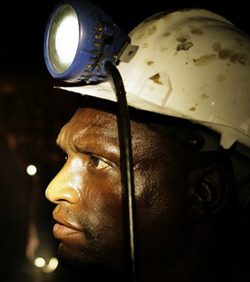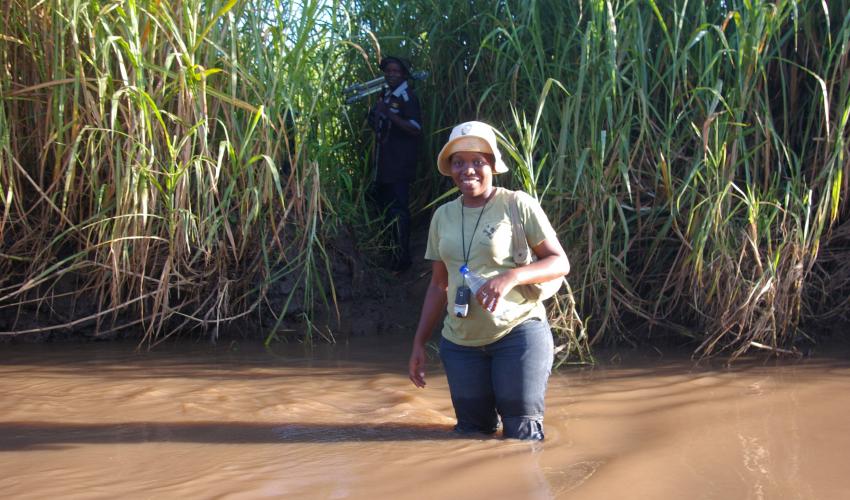The Department of Forestry says challenges that Malawi is currently facing, including unreliable power supply and erratic supply of water, have all come about as a result of rising deforestation activities and a general disregard for conservation of the environment among Malawians.
The Department estimates that over 50 percent of forests in Malawi have been lost to deforestation and the figure is expected to keep rising if nothing is done to stop the wanton cutting down of trees.
Deputy Director of Forestry for the Southern Region, Cecilia Chauluka, said this in Blantyre when she presided over a leadership meeting on protection of the Michiru Forest Reserve organized by the Communication Workers Union of Malawi.
Chauluka said practices such as charcoal and brick burning have left most of the land in Malawi bare leading to frequent soil erosion which has resulted in accumulation of silt in rivers, including the Shire where Malawi generates her electricity.
“It is no wonder that we are having a lot of blackouts in addition to water supply problems. People are cultivating on steep slopes, cutting trees for brick burning and charcoal in the process destroying the environmental resources that we have as a country,” she said.
Chauluka says as a country, Malawi needs to start embracing sustainable utilization of resources if it is to beat the effects of climate change.
Towards the end of 2015, Malawi was gripped in the worst electricity crisis in history as the Electricity Supply Corporation of Malawi (Escom) announced that its generation capacity was cut by almost 50 percent due to low water levels in the Shire River.
But speaking during the same event, Cowuma president, Deus Sandram, said the grouping has embarked on a countrywide initiative to sensitize Malawians on the importance of conserving natural resources after realizing that Malawi is one of the countries’ facing the effects of climate change.
According to Sandram, Cowuma engages traditional leaders, law enforces and faith groups, among others, as part of efforts to bring about a mindset change among Malawians towards environmental issues.
“A s workers in the communications sector, we also belong to the communities and we found it most significant to engage various leaders from our society in efforts to conserve the little resources we have because we realize that the people who damage the environment also belong to communities that we are coming from,” he said.




